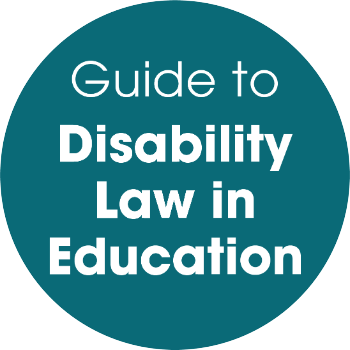01.03 Does a child need a “medical” diagnosis of a condition or disorder to satisfy the definition of disability in the Equality Act 2010?
A: SenseCheck

- 0 Yes
- 1 No
- 0 Other
- 10 Nov 2022
-
No
|
Complex
No. The EqA2010 is very clear that you don’t need a formal diagnosis to satisfy the definition in s6(1) EqA2010, the emphasis being on quantifying the negative consequences of the child or young person’s impairments.
Determining whether a child or young person has a disability means collating relevant evidence. A diagnosis from a relevant professional would be of assistance as this would highlight areas of difficulty for the child or young person.
EqA2010 Guidance part 2 explains that some progressive conditions such as HIV infection impairments, multiple sclerosis and cancer (even in the early stages: Mrs C Lofty v Mr S Hamis t/a First Café: UKEAT/0177/17/JOJ) automatically satisfy the definition contained in s6(1) EqA2010, and people who are severely sight impaired are deemed disabled. The Disability Regs 2010 identifies some conditions which are not to be treated as impairments, albeit for disabled children within education “a tendency to physical abuse of other persons” needs to be considered in light of a decision in where it was decided that it would be unfair to automatically remove this condition from the disability framework.
Glossary: Disability Regs 2010, EAT, EqA2010, EqA2010 Guidance.

|
Comment